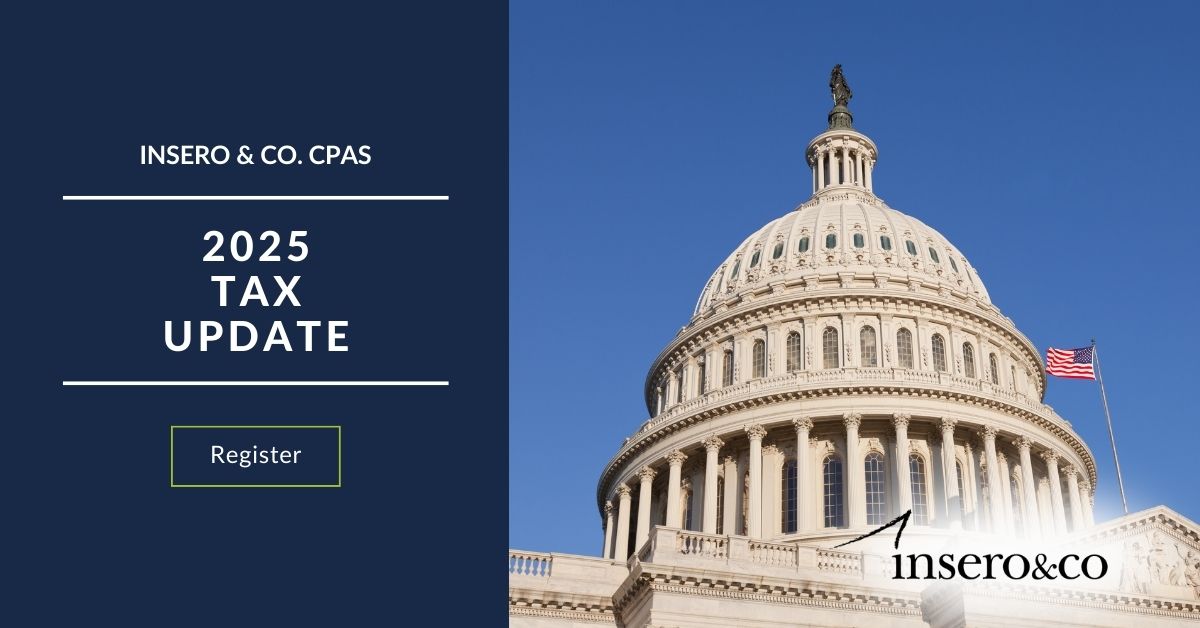The 1,099 Hassles of 1099s
Preparing and filing 1099s is one of those IRS requirements that can really annoy accounting teams, requiring far more hours and effort than they can afford to give to such a mundane task. While there probably aren’t quite 1,099 hassles to 1099 preparation, it certainly can feel like it when you’re scrambling to get them all prepared and filed on time.
The many challenges associated with 1099s include:
-
Identifying contractors
If your business or nonprofit hires independent contractors, freelancers, or vendors, and you pay them more than $600 in business-related payments, then you need to prepare and file IRS Form 1099-MISCs for them. That may sound simple enough, but there are lots of caveats, including that 1099s are only needed for provision of services, not goods, and are only for business services, not personal ones. Then, too, if the contractor provides materials as well as services, you have to separate the two.
-
Collecting W-9s
You need to collect Form W-9, Request for Taxpayer Identification Number (TIN) and Certification, from all of your qualifying providers. It makes a lot of sense to get this upfront, but for various reasons that’s not always possible. Even if you have a good process in place to request the W-9 in a timely manner, some contractors are slow to provide it or don’t fill it out correctly, leading to last-minute requests and corrections.
-
Avoiding errors
Contractors need to update their W-9s every year; if you rely on last year’s, the information may be out of date. As mentioned, even when you receive an up-to-date W-9, the contractor might make mistakes, so you have to ensure that the official name and the taxpayer information number (TIN) listed on the W-9 are correct. If you have to make corrections after filing, the IRS imposes penalties that get more painful the longer it takes for you to recognize the error.
-
Meeting deadlines
The end of the calendar year is an especially busy time, and unfortunately it happens to be the exact time when 1099 demands hit. Organizations have to send 1099s to recipients by January 31 of the year following provision of services, and a copy also has to go to the IRS by February 28. Just to make things a little harder, individual states may have additional requirements and different deadlines for reporting and filing 1099s.
Reduce your 1099 struggles
Because preparing and filing 1099s is such a tedious process, many organizations are choosing to outsource the function. If you want to discuss 1099 filing requirements or explore the possibility of outsourcing the function, contact Insero & Co., a public accounting firm with decades of experience working with both nonprofits and businesses. Together, we can explore ways to streamline your accounting functions, so your employees can spend more time on business-critical tasks.





